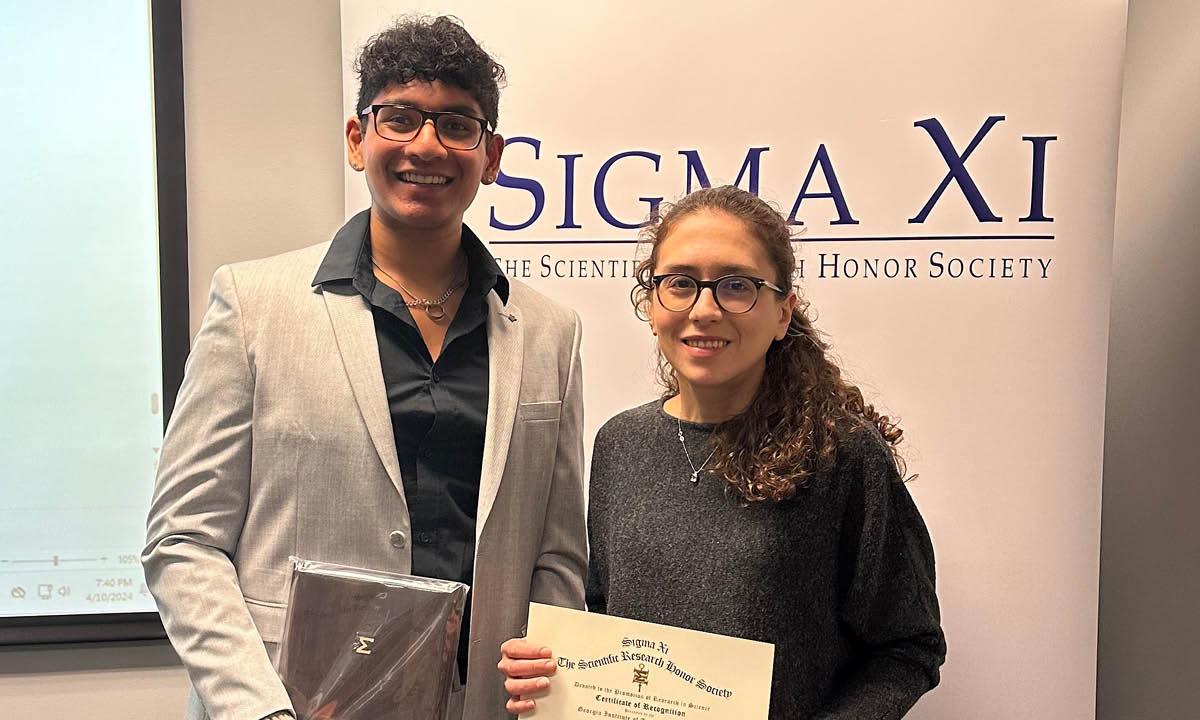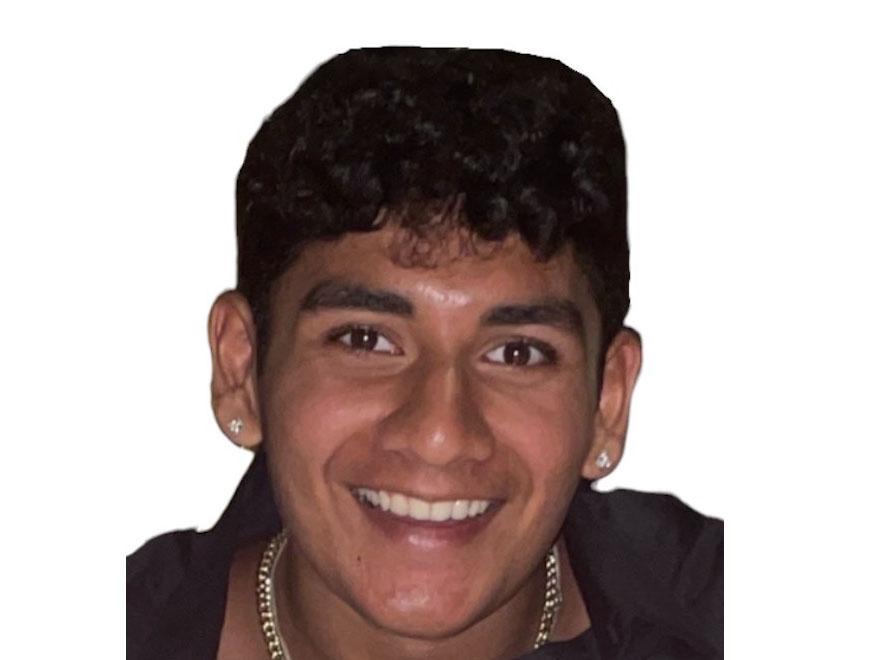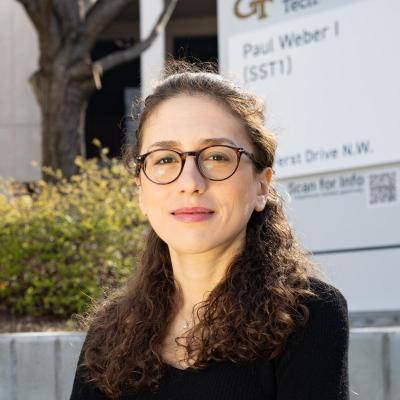Golla focuses on research to mitigate flutter and limit-cycle oscillations in aircraft design.

Alumnus Tarun Golla and Assistant Professor Cristina Riso
Aerospace engineering alumnus Tarun Golla, AE 2022, M.S. AE 2023, won the Best M.S. Thesis Award from the Georgia Tech chapter of Sigma Xi, for his thesis, A Sliding-Window Matrix Pencil Method for Aeroelastic Design Optimization with Limit-Cycle Oscillation Constraints. Golla received a plaque and $500 for this achievement at the Georgia Tech Sigma Xi Research Awards Banquet. His faculty advisor, Assistant Professor Cristina Riso, also received a certificate.
His research could benefit the aerospace industry as it moves towards lighter-weight and higher-aspect-ratio wings for higher energy efficiency, which are more flexible and susceptible to aeroelastic instabilities such as flutter.
“Avoiding flutter and allowing us to make more advantageous design tradeoffs, where necessary, could save designers and manufacturers a lot of time and resources,” Golla remarked.
Riso, his faculty advisor, was instrumental in his graduate work, and he was thankful for her help in the AE 4220 Aeroelasticity class and in her Structural Dynamics and Aeroelasticity Research Laboratory. After he earned his bachelor’s degree, he became a graduate research assistant in her group working on aeroelastic design optimization in collaboration with Associate Professor Graeme Kennedy.
“Tarun’s work opens new research directions in aeroelastic design optimization,” Riso said, “The design methodology he explored has the potential to yield lighter-weight wing designs for higher energy efficiency while preventing undesirable aeroelastic behaviors.”
The goal of Golla’s M.S. thesis was to develop a framework that eliminates flutter and related limit-cycle oscillations from a wing's flight envelope using a design optimization process.
“The future of aerospace revolves around wing structures that are a lot more flexible and lightweight. And with that comes the problem of aeroelastic instabilities and related oscillations,” he said.
His design optimization methodology revolved around taking an aeroelastic model and introducing a disturbance that would cause it to oscillate. He then observed what changes could be made to the computational model to eliminate these oscillations. Golla developed an optimization routine to analyze the computational model and make automated design changes to remove the unwanted behavior.
“My work defines a click constraint through the flight envelope, that is, the operating conditions where the aircraft flies. This constraint is applied in an optimization routine, allowing us to eliminate flutter and limit-cycle oscillations,” Golla explained.
His research in aeroelasticity could benefit the aerospace industry as it moves towards novel wing and aircraft designs. Typically, aeroelastic issues are not analyzed until late in the design phase, which can require expensive and time-consuming design changes to ensure adequate aeroelastic behaviors for certification.
The Virginia native attributed his success to his work in the School of Aerospace Engineering and to Riso. “Georgia Tech has a great aeroelasticity and structural dynamics concentration. I learned how we can extract information from models for real-world applications and how we can most effectively use that information. Within aerospace, there’s an interplay between structural dynamics and aerodynamics, and grasping how all of the factors interact has been the most challenging aspect of my research.” While at Tech, the busy student also worked in the Computational Combustion Lab under Professor Suresh Menon, and he interned over the summer at Anduril.
Currently, Golla works at SpaceWorks as an aerodynamics engineer. He sees the next step in aerospace as high-speed aircraft.
“We’re trying to get faster and be more efficient; a lot of work goes into hypersonics and understanding the aerodynamics behind moving four or five times the speed of sound. I realized that SpaceWorks would give me the opportunity to dive into some really fulfilling work,” Golla said.

Tarun Golla
